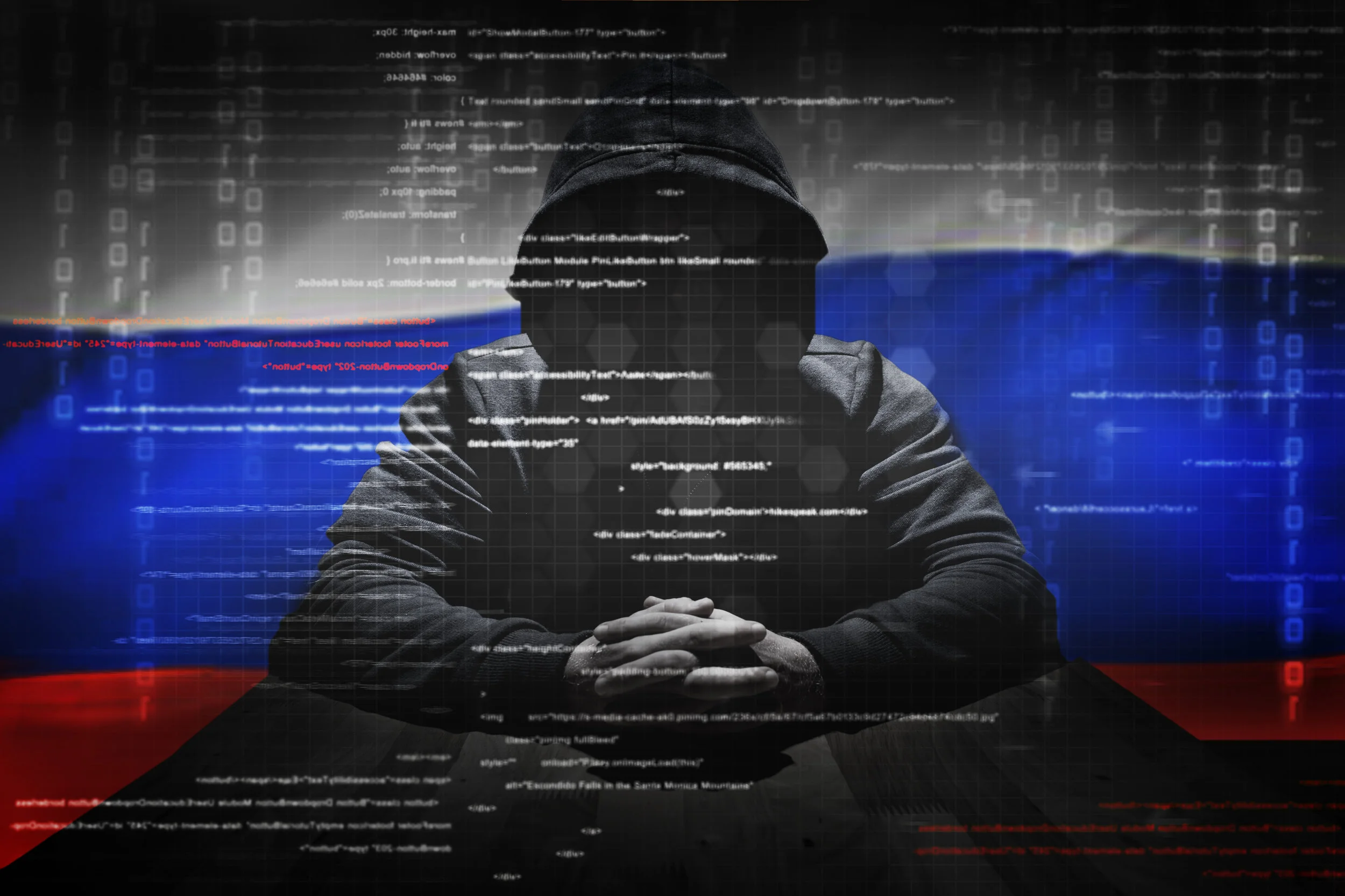As this article shows even one of the world’s most autocratic and corrupt leaders wants popular voting to give authority to his party’s rule. Might makes right, but it doesn’t create the appearance of justification for political power and it is inherently unstable.
If he thought about it creatively, Putin could consider adapting the American electoral college system to his purposes. In the United States the people don’t pick the president by vote. They are only told that they do.
Instead they pick electors, who, under the 10th Circuit’s decision in Baca v. Colorado Department of State, can choose anyone they want for president. Political parties nominate electors by opaque processes. It is reasonable to suppose that every elector has made or received sizable political donations in order to be noticed by the nominators. They are quintessential apparatchiks.
Perhaps to avoid embarrassment or to convince voters falsely that they are choosing the president, many states do not reveal the names of electors on the ballot. Even where they are identified the only voters sure to know them are their family members.
The electors from different states do not deliberate. They do not even meet with each other. Yet they are described as attending an electoral college. This college has no courses, instructors, or degrees. But the description persuades some otherwise reasonable people that this nonexistent institution effects a ratiocinative process for choosing the nation’s leader.
Just as mind-boggling is the way many people, including judges, think that history should command the country to perpetuate this process. In brief, it is thought by many that the writers of the Constitution wisely designed a system unchangeable for the ages when they imagined white men from 13 eastern seaboard states would travel by horseback for about four to five weeks to Philadelphia (or later, Washington) in order to negotiate on which slaveholder or slavery-tolerating person a majority of them would accept for president.
Electors are also described as representing the interests of thinly populated states (most in French territory at the time of writing the Constitution, so not contemplated as stakeholders by the framers). But it’s a good bet not one elector knows soy from sorghum and that all or almost all live in cities or suburbs. At any rate, we know that not a single elector has a published farm policy or a “small state” policy.
To top it off, the media collaborates enthusiastically with politicians in convincing the American people that their votes matter and that the system serves the best interests of the whole country.
How could Putin not win his elections with this method?
And if Russians could be convinced as easily as are many Americans that they actually had voted in a fair and meaningful way then he would have the legitimacy he craves for his exercise of autocratic control.
Just a thought.

